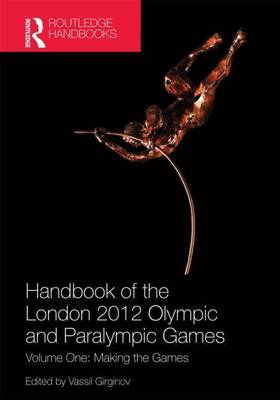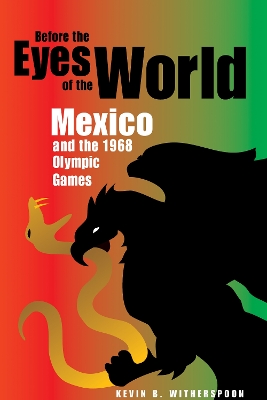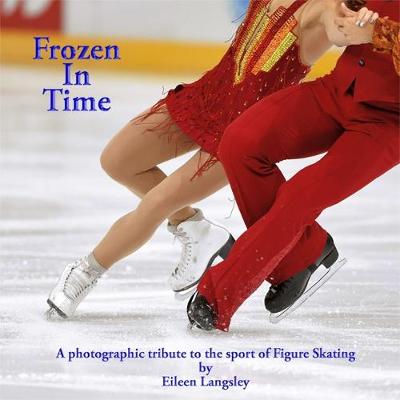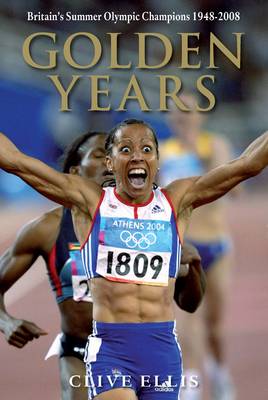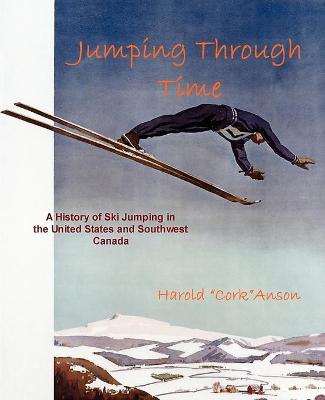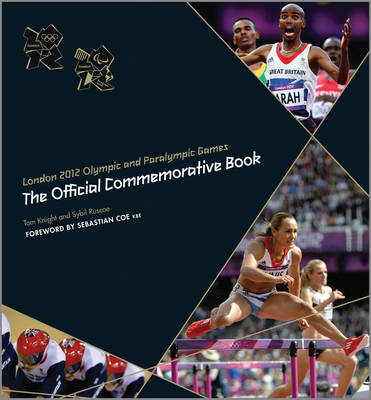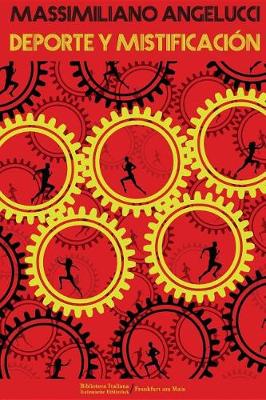The Science of Sports: Winning in the Olympics
by Scientific American Editors
Located in the United States, NBC (National Broadcasting Company) is the biggest and most powerful Olympic network in the world, having won the rights to televise both the Summer and the Winter Olympic Games. By way of attracting more viewers of both sexes and all ages and ethnicities than any other sporting event, and through the production of breathtaking spectacles and absorbing stories, NBC’s Olympic telecasts have huge power and potential to shape viewer perceptions. Billings’s unique tex...
Mexican leaders eagerly anticipated the attention that hosting the world's most visible sporting event would bring, yet they could not have predicted the array of conflicts that would play out before the eyes of the world during the notorious 1968 Mexico City Olympics. Following twenty years of economic growth and political stability—known as the "Mexican miracle"—Mexican policy makers escaped their prior image of being economically underdeveloped to successfully craft an image of a nation that...
To date, Steve Redgrave has won a record-breaking four Olympic gold medals and eight world championships for his spectacular rowing achievements, and is consequently regarded with awe by rivals, crew-mates and top sportsmen alike. Now, at the age of 38, Steve is bidding to win an unprecedented fifth gold medal at Sydney. Win or lose, it will mark the end of a remarkable twenty-three year long career. This autobiography discusses Redgrave's partnerships, the difficulty of maintaining a balanced f...
Billed as the greatest sporting show on earth, the Olympic Games have produced countless memorable stories of achievement and endurance since entering the "modern" era in 1896. The major sports take a back seat - some of them long gone from the schedule - as sports fans discover new heroes excelling in obscure events that intrigue. The Games deliver triumph and heartbreak, serial winners and one-medal wonders, shocks and controversies - and tragedy in the true sense of the word rather than the...
Celebration Capitalism and the Olympic Games (Routledge Critical Studies in Sport)
by Jules Boykoff
The Olympic Games have become the world's greatest media and marketing event-a global celebration of exceptional athletics gilded with corporate cash. Huge corporations vie for association with the "Olympic Image" in the hope of gaining a worldwide marketing audience of billions. In this provocative critical study of the contemporary Olympics, Jules Boykoff argues that the Games have become a massive planned economy designed to shield the rich from risk while providing them with a spectacle to...
Jumping Through Time - A History of Ski Jumping in the United States and Southwest Canada
by Harold Cork Anson
Training Tips To Be A Better Rider Today Correct Common Leg, Seat, Hand Problems And More
by Kirsten Carolla
The political tension of the Cold War bled into the Olympic Games when each side engaged in psychological warfare, exploiting sport for political ends. In Helsinki, the Soviet Union nearly overtook the United States in the medal count. Caught off guard, the U.S. hastened to respond, certain that the Soviets would use a victory at the next Olympics to broadcast their superiority over the Western world. Following the 1956 suppression of the Hungarian uprising, a Soviet athlete struck a Hungarian...



